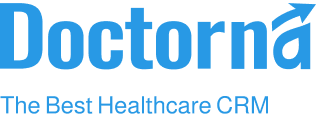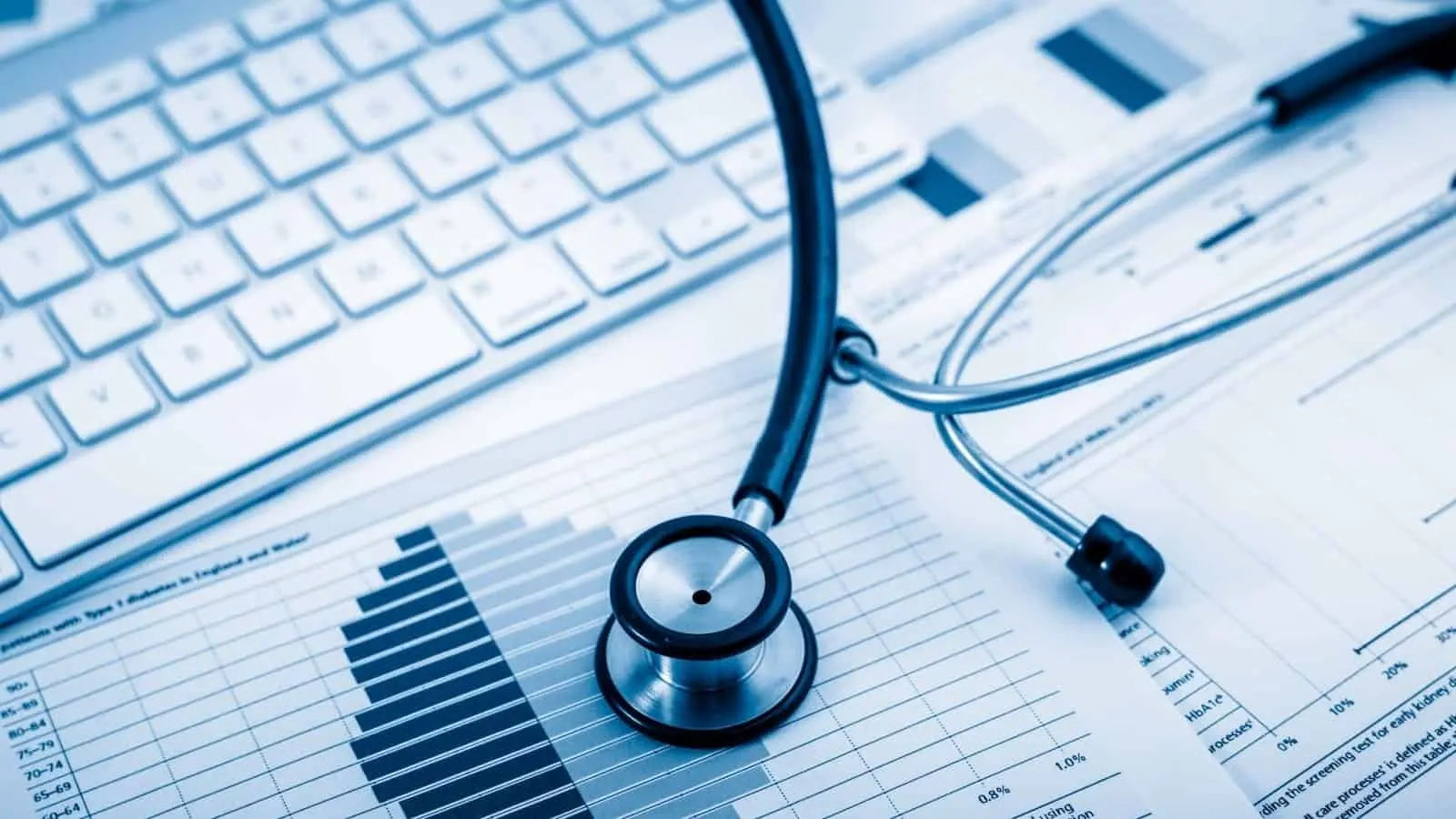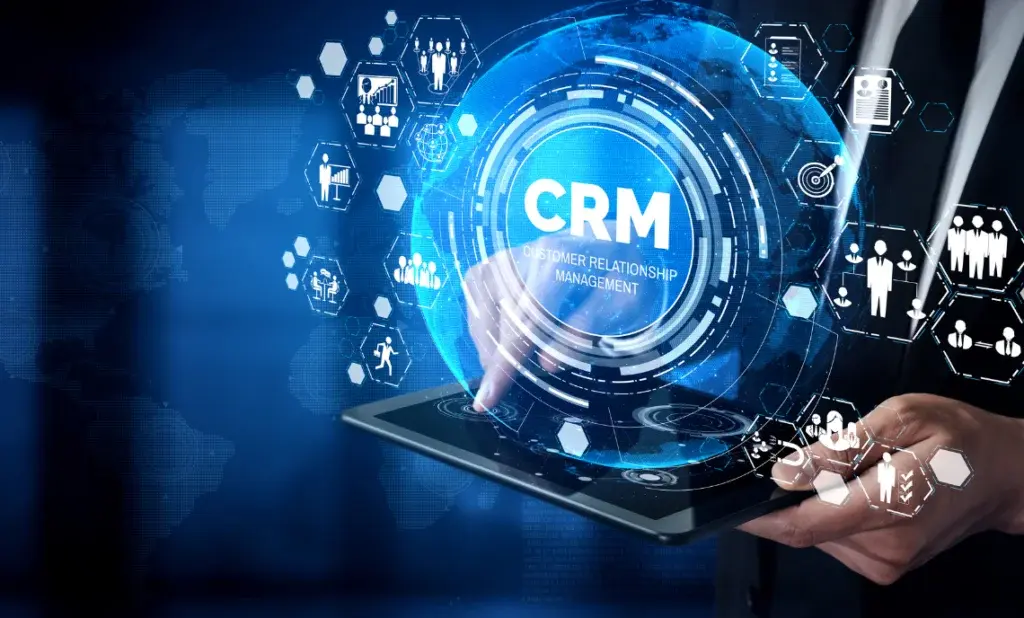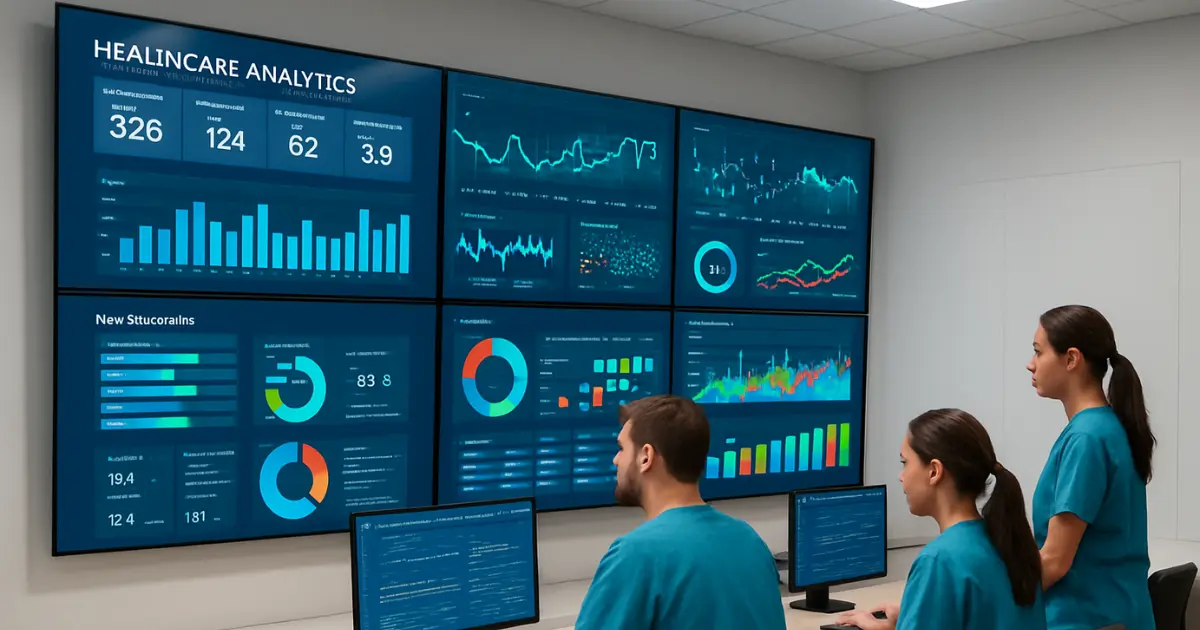A. The Early Stages of Healthcare CRM
Customer Relationship Management [CRM] systems first emerged in the late 1980s and early 1990s as a tool for managing customer interactions and data primarily in the sales and marketing sectors. The goal of these systems was to maintain and organize customer contact details efficiently, therefore, the earliest versions of CRM systems primarily focused on tracking customer interactions, managing sales pipelines, and automating marketing campaigns.
In 1993, Siebel Systems developed a significantly advanced version of CRM called the Siebel CRM. These solutions went beyond sales – it integrated various businesses processes, including marketing and customer support. Siebel CRM became the industry standard, showcasing how technology can centralize and automate workflows. At its peak, Siebel Systems reportedly controlled almost half of the CRM industry of the day. Tom Siebel, the founder and CEO of the company, was hailed as the industry pioneer and face of CRM. In 2005, the Oracle Corporation bought the company for nearly six billion dollars.
CRM systems entered into the healthcare industry in the last 1990s and early 2000s. As industries slowly shifted from provider-centric to a customer-centric approach, healthcare organizations recognized the growing need to improve patient satisfaction and establish long-term relationships. This shift prompted the adoption of CRM in the healthcare industry.
B. The Healthcare CRM System We Know Today
The healthcare CRM system we know today has significantly evolved from their predecessors. They integrate data from various sources, like electronic health records [EHR], billing information, and communication tools to create a powerful hub of patient information. According to recent statistics, the global healthcare market size is expected to hit $40 billion by 2033 – a massive leap from its estimation of $15 billion in 2023. The industry is poised to grow at a CAGR of 9.91% during the forecast period, 2024 to 2033.
Let’s look at some of the key features of today’s healthcare CRM systems
- Personalized Patient Engagement: By providing a holistic view of patients, healthcare providers can personalize communication tailored to their needs and conditions. Since personalization is key to customer satisfaction, medical organizations can engage and retain their customers in a meaningful way. [Link to Patient Centric Approach blog]
- Integration with EHRs: By integrating CRMs with electronic health records, healthcare providers gain a 360-view of patient information, which in-turn care coordination. This integration enables seamless communication between medical teams and ensures patient receive accurate treatment plans.
- Telemedicine and Remote Care Support: The COVID19 pandemic propelled the need of telemedicine and remote monitoring. In fact, latest report from Statistica revealed that over 116 million users preferred virtual consultations in 2024, which is a significant jump from around 57 million in 2019. Therefore, it is no surprise that today’s CRM solutions also support telemedicine integration. Integrating telemedicine allows healthcare providers to manage virtual consultations and monitor patients efficiently. [Link to Telemedicine Blog]
- Data Analytics and Insights: Modern CRM systems offer advanced analytics that help healthcare organizations track patient outcomes, identify performance gaps, and predict behavioral patterns. This data-driven approach enables better interventions and enhanced patient care quality.
As technology is ever-evolving, it is essential for CRM systems to simultaneously adapt. Integrating the latest technological advances will create an even more sophisticated system that will further enhance patient care and streamline workflows. Let’s look at what the future holds for healthcare CRM solutions.
C. The Future of Healthcare CRM
The future of healthcare CRM is driven by advancements in Artificial Intelligence [AI], Machine Learning [ML], and predictive analysis. Tom Siebel, CRM industry pioneer, in a news conference with Microsoft told, “the dynamics of the market and the mandates of digital transformation have dramatically changed CRM market requirements.
A general-purpose CRM system is no longer sufficient. Customers today demand industry-specific, fully AI-enabled solutions that provide AI-enabled revenue forecasting, product forecasting, customer churn, next-best product, next-best offer, and predisposition to buy.” It’s no doubt that these technologies will certainly transform the way we deliver and receive care.
Here are some key trends of the future of healthcare CRM:
- AI-Driven Personalization: AI-driven systems can analyze vast amount of patient data to provide personalized diagnosis and treatment recommendations. For instance, Watson Health, an IBM division dedicated to applying AI and data analytics to healthcare, analyzes numerous patient parameters, including medical history, genetics, and disease symptoms to diagnose underlying conditions and offer treatment recommendations.
Additionally, a study published in the Journal of Clinical Oncology, Watson Health’s oncology-specific AI decision-support system achieved a 93% concordance rate [a measure used in genetics to determine the probability a trait or disorder present in one individual will also be seen in another] with treatment recommendation of an expert tumor board. This showcases how the high level of personalization demonstrated by AI can enhance diagnostic precision and treatment effectiveness, thus leading to improved patient outcomes. - Predictive Analytics for Preventive Care: Predictive analysis is a form of data analysis that integrates machine learning techniques, data mining, and modeling. It gathers data from medical records, health surveys, patient diagnosis, and treatment plans to generate valuable insights on current and future scenarios.
Predictive analysis plays an instrumental role in risk assessment by evaluating individual’s risk of developing certain disorders [cancer, cardiovascular diseases, diabetes, neurodegenerative disorders] based on several factors, including genetics, lifestyle choices, and medical history.
After thorough analysis, machine learning models generate personalized risk scores which facilitates targeted preventive intervention. This method of proactive care enables healthcare providers to allocate their resources efficiently and prioritize high-risk individuals. Consequently, the onset of diseases can be limited, thereby reducing the overall burden on healthcare systems. - Voice and Chatbot Integration: As healthcare chatbots continues to evolve, we will see the industry utilize advanced artificial intelligence and natural language processing [NLP] technology to offer personalized assistance to patients, provide accurate medical information, streamline appointment booking process, refill prescriptions, and manage health records.
In the years to come, the market of healthcare chatbots is expected to grow significantly due to the increased adoption of mobile phones, the growing demand for virtual healthcare services, and the need to reduce healthcare costs. In fact, according to market research published in 2022, the global healthcare chatbots market is projected to reach a value of $431 million by 2028, which is a dramatic surge from its valuation of $184 million in 2021. - Blockchain for Enhanced Data Security: Significant advancements in the healthcare industry also increases the risk of data breach. Healthcare data breaches are a global concern as it poses serious implications, including patient data exposure, identity theft, and major financial debt.
By utilizing blockchain-powered storage, healthcare providers can enhance the privacy and integrity of medical data in three primary ways. They are [i] blockchain is decentralizing and by distributing data across a decentralized network, healthcare providers reduce the risk of a single point failure, [ii] data secured by blockchain technology is protected by cryptographic algorithms that assure data security and [iii] blockchain accounts for all and any data access, making it tamper-proof.
As you can see, the future of healthcare CRM is significantly shaped by AI-driven personalization, predictive analysis, chatbot integration, and blockchain technology. Integrating these tools enhances healthcare CRM to a further level.
D. Conclusion
The evolution of healthcare CRM showcases the growing demand for patient-centric approach and impact of advancing technologies. A simple record-keeping system has now evolved into an integral tool in healthcare to enhance patient outcomes and operational efficiency. As technology continues to evolve, healthcare CRM will be shaped by AI, predictive analysis, chatbots, and blockchain technology.







